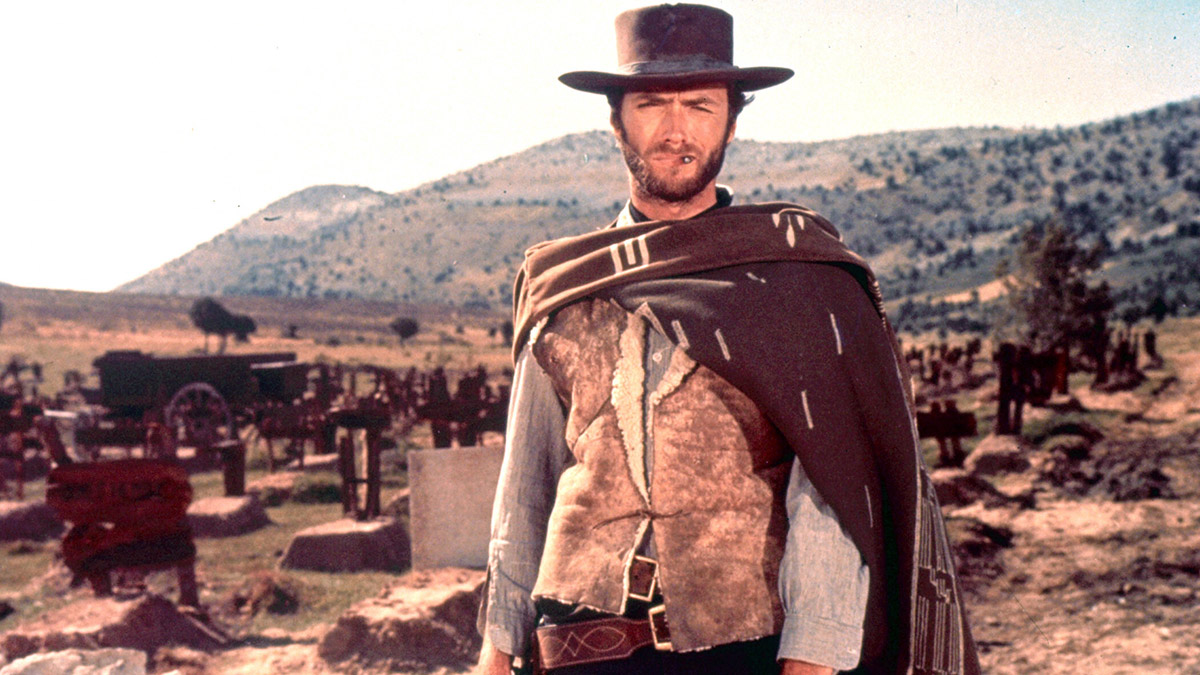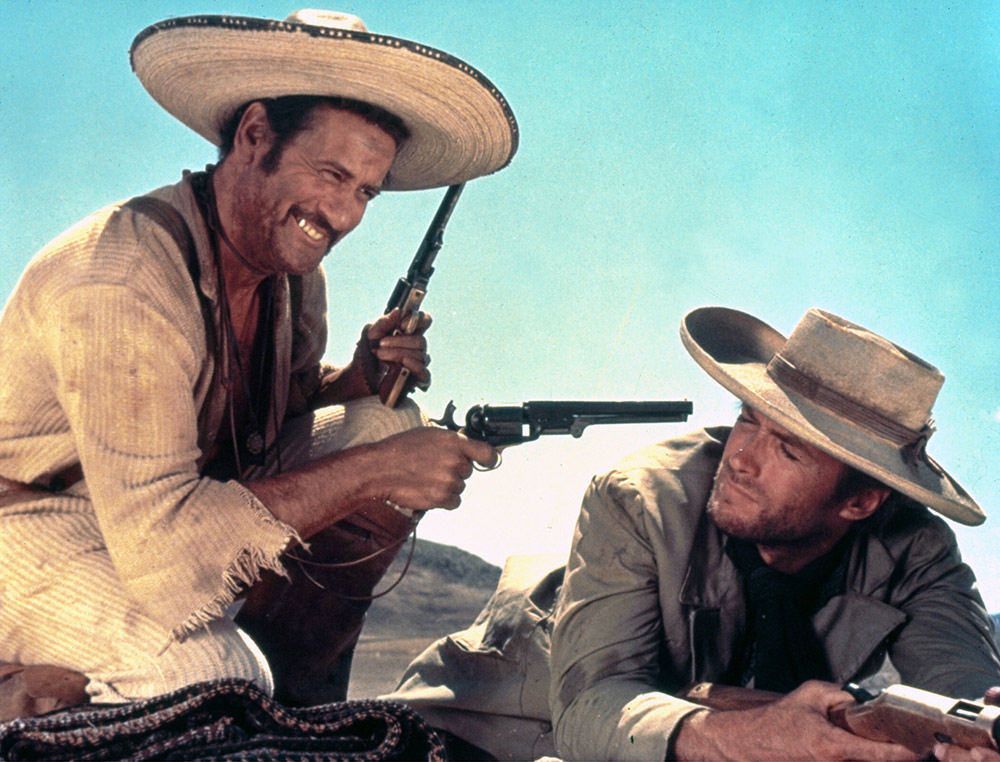
(c) Photofest / Getty Images
“The Good, the Bad and the Ugly” A picaresque romance in which three thugs go on a treasure hunt.
A macaroni western that cuts into America's dark history, the Civil War.
There was one major cause for concern with this movie. The Civil War is the biggest taboo in American history. To portray this head-on was a commercial risk. In fact, Leone was advised by Orson Welles, who happened to run into him at a restaurant, to cancel the production, saying, ``Civil War movies are crazy!'' Still, Sergio Leone did not hesitate to delve into America's dark history.
"I wanted to depict human folly and the reality of war in a picaresque film...The true history of America was built on violence that neither literature nor film had properly depicted. (Quoted from an interview with Sergio Leone*)
Leone, an Italian, has seen Mussolini's fascist regime up close. I have experienced firsthand how easily history can be distorted. It was inevitable for him to depict violence without morals.

"The Good, the Bad and the Ugly" (c) Photofest / Getty Images
The three main characters engage in conspiracies, shoot each other, and repeatedly betray and be betrayed in order to obtain a large sum of money hidden in Sad Hill Cemetery. Behind them is a land covered in dust and blood, and even more shooting and slaughter than they are swirling around. There is no image of the good old America there. There is only a barbaric nation washing its blood with blood. This is the "real West" that Leone wanted to portray.
The amoral depiction of violence in "The Good, the Bad and the Ugly" had a major impact on American movies. At the time, Hollywood was tightly entrenched in the Hays Code, a self-imposed censorship clause enacted in 1930. Even the Western, which is synonymous with American movies, was bound by the Hays Code regulations. However, the Spaghetti Western, imported back from Italy, easily broke those rules.
Hollywood decided to break free from the shackles of the Hays Code in order to compete with freewheeling foreign films like "The Good, the Bad and the Ugly." After more than 30 years, it finally achieved freedom of expression.

